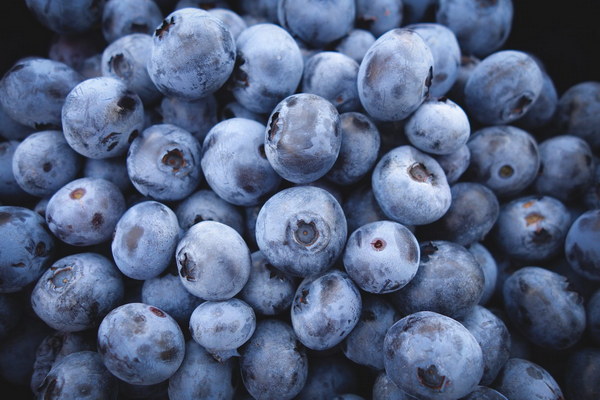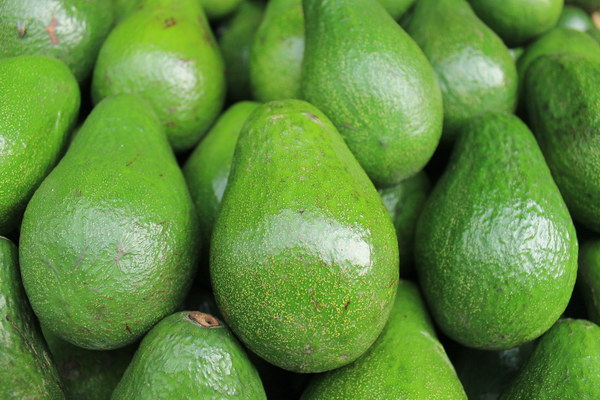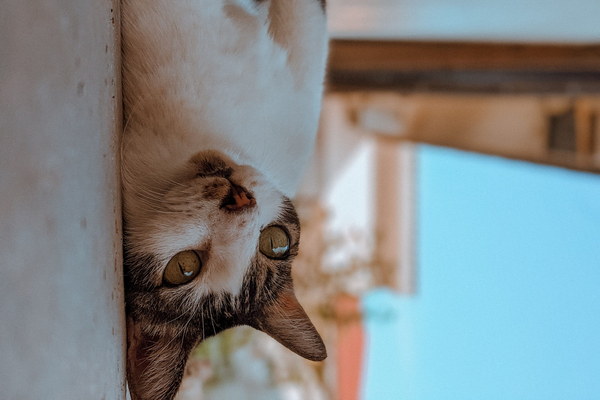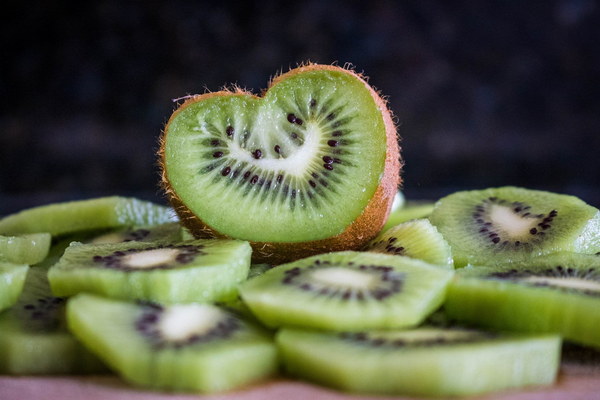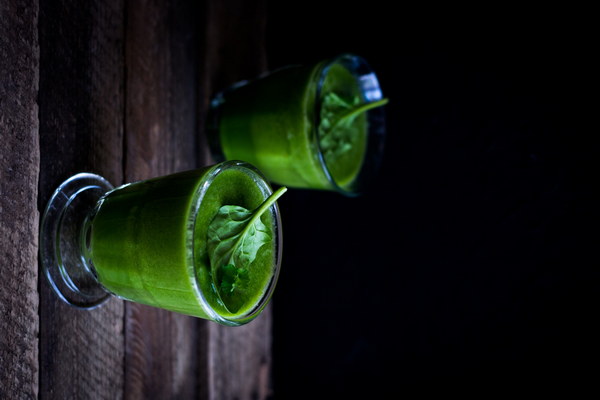Top 5 Medicines for Excess Dampness Which One is Best for You
In traditional Chinese medicine (TCM), excess dampness is considered a common imbalance that can lead to a variety of health issues, such as fatigue, weight gain, and digestive problems. TCM offers a wide range of herbal remedies to address this imbalance. Here, we explore the top 5 medicines for excess dampness and help you determine which one may be best for you.
1. Fu Ling (Poria cocos)
As a cornerstone in TCM, Fu Ling is widely used to alleviate excess dampness. This mushroom-like herb has natural diuretic properties, which help to remove dampness from the body. It is often combined with other herbs to address specific symptoms, such as fatigue and bloating. Fu Ling is generally safe and suitable for most individuals, making it an excellent choice for those looking to combat dampness.
2. Bai Zi Ren (Biota seed)
Bai Zi Ren is another popular herb for treating dampness. It is believed to have astringent properties that help to remove dampness while also nourishing the spleen and kidney. This herb is particularly useful for those with symptoms like edema, loose stools, and weakness. It is important to note that Bai Zi Ren is contraindicated for individuals with a dry constitution or those suffering from chronic kidney disease.
3. Ling Zhi (Ganoderma lucidum)
Ling Zhi is a revered herb in TCM, known for its immune-boosting properties and its ability to balance dampness. This herb is often used in combination with other herbs to treat a variety of dampness-related conditions, such as fatigue, weight gain, and skin issues. Ling Zhi is suitable for long-term use and is generally safe for most people.

4. Ren Shen (Ganoderma sinense)
Ren Shen is a close relative of Ling Zhi and is also used to treat dampness. It is believed to have a more potent effect on the spleen and lungs, making it an excellent choice for those with dampness-related respiratory issues, such as asthma or chronic bronchitis. Ren Shen is often used in combination with other herbs and can be taken as a supplement or added to soups and stews.
5. Huang Qin (Scutellaria baicalensis)
Huang Qin is a powerful herb that can be used to expel dampness and clear heat. It is particularly effective for damp-heat conditions, such as skin rashes, jaundice, and urinary tract infections. While Huang Qin can be a powerful remedy, it may not be suitable for everyone, especially those with a cold constitution or those with a history of kidney disease.
When selecting a medicine for treating excess dampness, it is important to consider your specific symptoms and constitution. While the above herbs are commonly used to address dampness, it is crucial to consult with a qualified TCM practitioner before starting any herbal treatment. They can provide personalized advice and help you choose the best medicine for your needs.
In addition to herbal remedies, there are other lifestyle changes you can make to help alleviate dampness, such as:
- Eating a balanced diet rich in fiber and low in damp-forming foods like dairy, sugar, and alcohol.
- Regular exercise to improve circulation and promote healthy digestion.
- Adequate sleep to support the body's natural healing processes.
- Avoiding excessive exposure to damp environments, such as rainy or humid weather.
By combining herbal treatments with these lifestyle adjustments, you can effectively combat excess dampness and improve your overall well-being.
